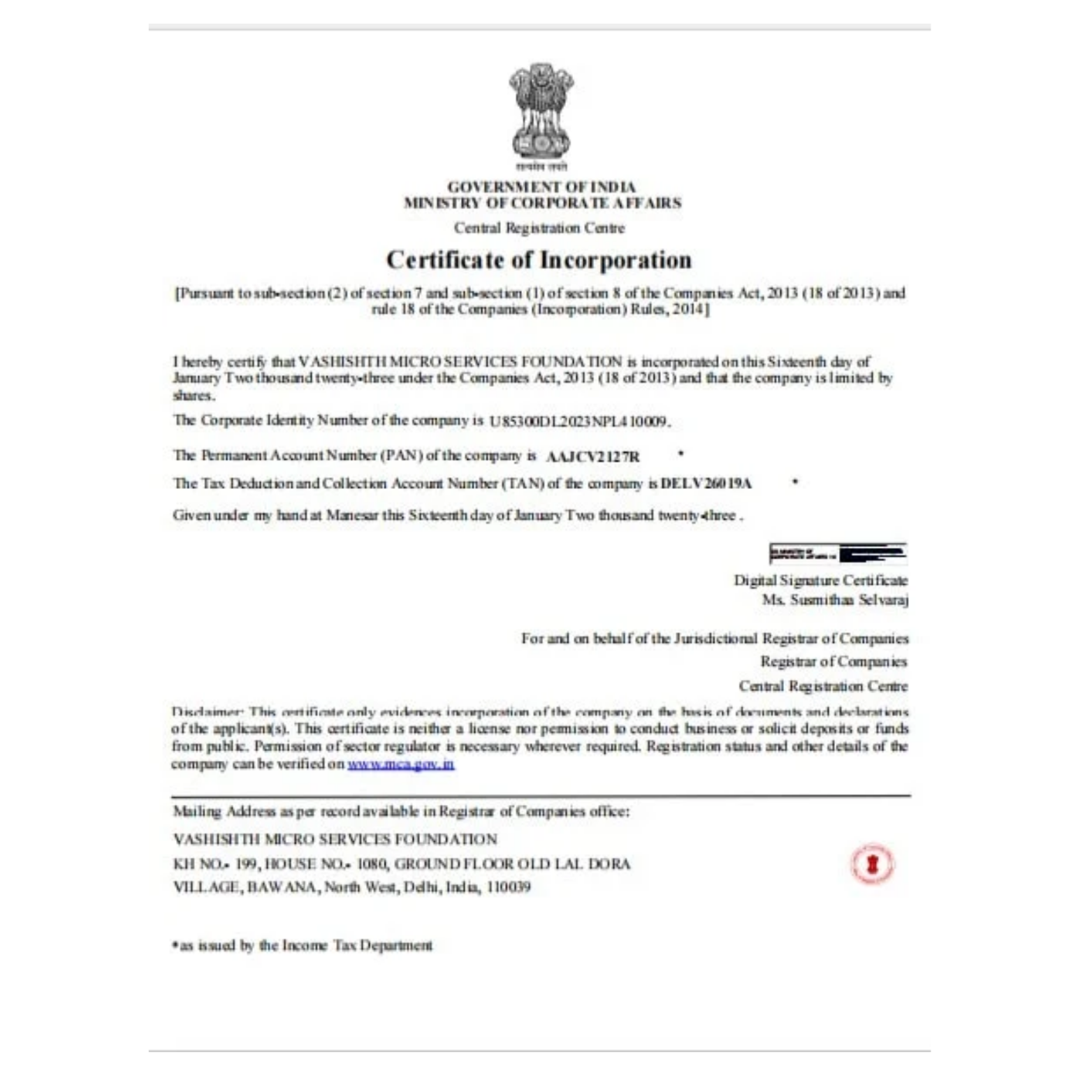Unlocking Business Success: Everything You Need to Know About Trade Licenses
Starting a business in India requires navigating a complex regulatory environment, and one of the most crucial steps is obtaining a Trade License. This license is an official authorization granted by the local municipal corporation or governing authority, permitting businesses to operate legally within a specific area. It ensures that businesses comply with health and safety standards, preventing any harmful effects on the public. A Trade License is mandatory for most commercial activities, including retail stores, restaurants, manufacturing units, healthcare facilities, transportation services, and entertainment establishments. While a Trade License allows businesses to function within the defined parameters of the local government’s regulations, it does not grant property ownership and restricts operations to the activities specified during the application process. It is issued by the local licensing department, which works in collaboration with health, engineering, and industrial sectors to ensure compliance with all relevant safety, health, and environmental standards. Obtaining a Trade License is essential not just for legal compliance but also for maintaining public safety, ethical business practices, and the overall wellbeing of the community. Without it, businesses may face penalties or even closure. The process of applying for a Trade License varies by state, but generally involves submitting an application form, proof of business location, tax statements, and other supporting documents. The business premises may also be subject to an inspection by municipal authorities to ensure adherence to safety and health regulations. Once approved, the Trade License is issued, typically valid for one year and renewable annually. There are different types of Trade Licenses depending on the nature of the business activity, such as Type A for food service establishments, Type B for businesses using machinery and electricity, and Type C for high-risk activities. Failure to obtain or renew a Trade License can lead to legal complications, fines, and loss of credibility, which can adversely impact the business. A valid Trade License enhances the business’s trustworthiness in the eyes of customers, suppliers, and regulators, marking it as a legitimate entity. Additionally, some government schemes and benefits may be accessible only to businesses with a valid license. The issuance of a Trade License also allows local governments to regulate and control various trades, ensuring that businesses operate ethically and responsibly. In regions like Maharashtra, the Trade License is known as the Gumasta License, but the general principles remain the same across the country. In sum, a Trade License is an indispensable part of setting up and running a business in India, helping entrepreneurs comply with local laws, contributing to public health and safety, and ensuring their operations are legally recognized and credible in the market.

10,000+
Clients Served

10,000+
Businesses Registered

10,000+
Legal Advices

Google Reviews

4.1/5 | 50+ Happy Reviews

 Guaranteed Registration
Guaranteed Registration Cost Effective Rates
Cost Effective Rates 24x7 Support
24x7 Support 10K+ Businesses Registered
10K+ Businesses Registered
Documents & Details Required
of 2 persons
 PAN, Aadhaar, Photo, Mobile, Email
PAN, Aadhaar, Photo, Mobile, Email Latest Bank Statements
Latest Bank Statements Company Name
Company Name Rent Agreement for the Company Address
Rent Agreement for the Company Address
Need Help?
Fill the Form Below
